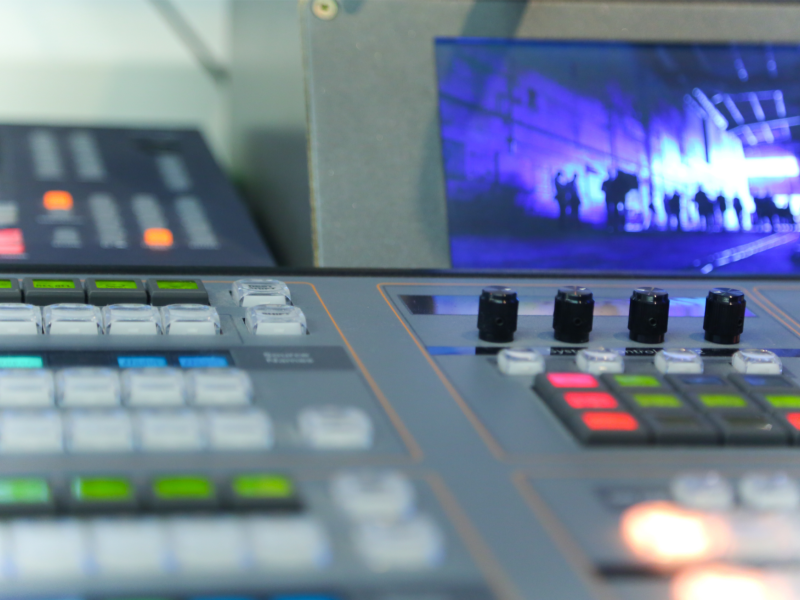Video Game Audio Proficiency Certificate
Sound design application in the ever-growing video game industry
-
Program Duration: Short-term
-
Degree Type: Proficiency Certificate
-
Total Credit Hours: 19

About This Certificate
The Video Game Audio Proficiency Certificate is designed to help students develop the skills necessary for a career in video game and interactive media audio, sound design and composition. The certificate provides students with the ability to implement middleware with game engines and instruction in music production, theory, and preparing assets for nonlinear media. Students enrolled in the certificate may also continue into the Associate in Applied Science degree program in Sound Recording and Music Technology (SRMT). Upon completion of the certificate, students will be eligible for Wwise Certifications.
Course Sequence:
Semester 1
| Course Number and Name | Prerequisites and Corequisites | Credits | Gen Ed Req. |
|---|---|---|---|
| MUS 100 - Music Reading | 3 credits | ||
| MUS 170 - Audio and Music for Interactive Media | 3 credits | ||
| MUS 115 - Introduction to Music Technology | 3 credits | Oral Communication/ Creative Expression** |
Semester 2
| Course Number and Name | Prerequisites and Corequisites | Credits | Gen Ed Req. |
|---|---|---|---|
| MUS 220 – ProTools and Ableton Live - Audio Editing and Production | MUS 115 | 3 credits | |
| MUS 215 - Advanced Music Technology and Multimedia | MUS 115 | 3 credits | |
| MUS 270 - Game Audio Implementation | MUS 170 | 4 credits |

Launch Your Career Video Game Music Production
- Audio and Video Technicians – est. salary $58,119
- Music Directors and Composers – est. salary $61,691
- Sound Engineering Technicians - est. salary $76,565
Sound Engineering Technician
Operate machines and equipment to record, synchronize, mix, or reproduce music, voices, or sound effects in sporting arenas, theater productions, recording studios, or movie and video productions.
Starting Pay: $26,292

Typical Tasks
- Confer with producers, performers, and others to determine and achieve the desired sound for a production, such as a musical recording or a film.
- Prepare for recording sessions by performing activities such as selecting and setting up microphones.
- Record speech, music, and other sounds on recording media, using recording equipment.
- Separate instruments, vocals, and other sounds, and combine sounds later during the mixing or postproduction stage.
- Regulate volume level and sound quality during recording sessions, using control consoles.
Explore Related Programs
Let's Get Started
